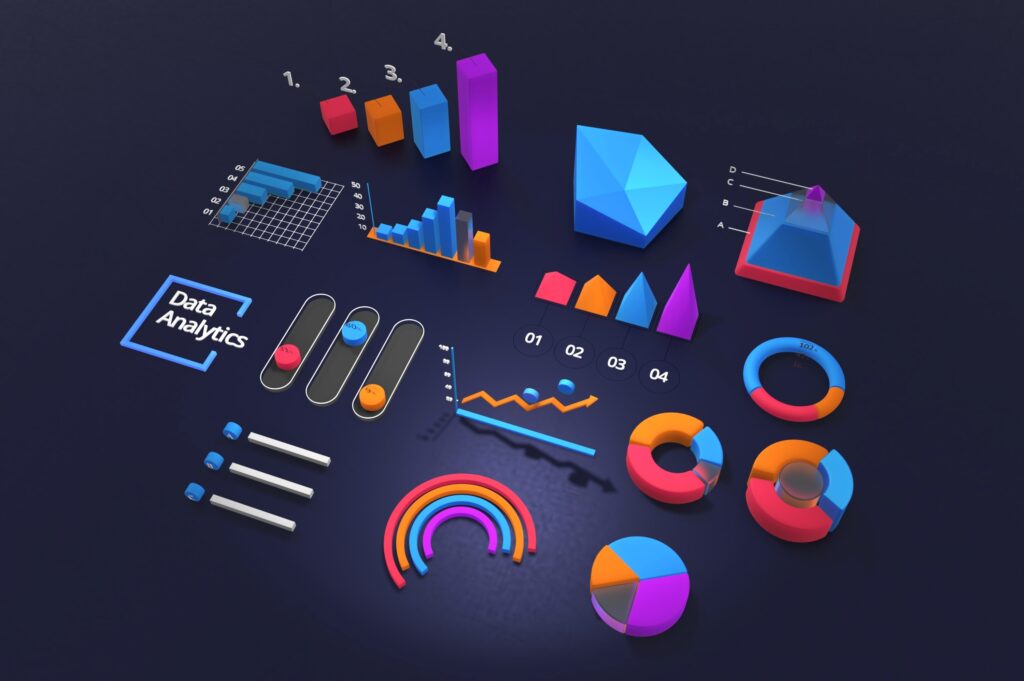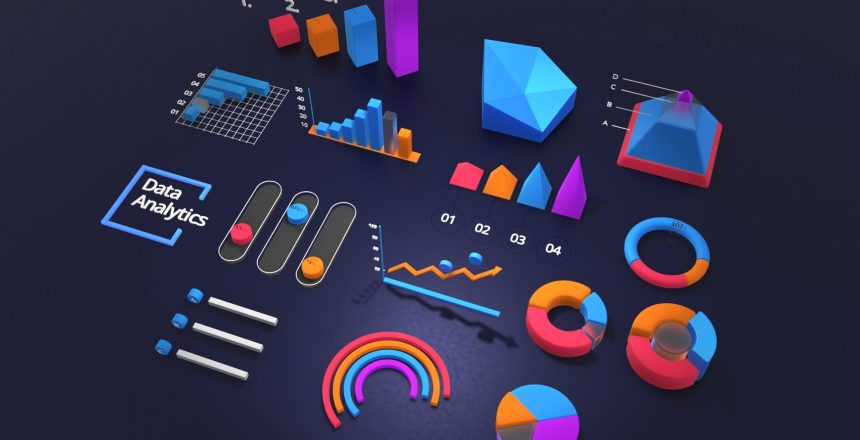
In the realm of big data, where the volume, velocity, and variety of data are constantly expanding, organizations seek solutions that can not only handle the data deluge but also derive actionable insights from it. Enter Databricks, a unified analytics platform designed to tackle the challenges of big data head-on. In this hack fuel blog, we’ll explore how Databricks can be an invaluable asset for organizations looking to harness the full potential of their data.
Understanding the Big Data Challenge
Before we delve into the capabilities of Databricks, let’s briefly outline the challenges that organizations face in the era of big data:
- Data Volume: The sheer volume of data generated daily is staggering. Traditional tools struggle to process and analyze such massive datasets efficiently.
- Complexity: Big data comes in various formats, from structured to unstructured, and often requires complex processing and analysis.
- Real-time Requirements: In today’s world, real-time insights are crucial. Businesses need to make quick decisions based on the most up-to-date data.
- Scalability: Solutions must be able to scale seamlessly to accommodate growing data volumes and user demands.
Databricks: A Game-Changer for Big Data
Databricks, founded by the creators of Apache Spark, addresses these challenges with a unified platform that combines data engineering, data science, and data analytics capabilities. Here’s why Databricks is a game-changer for big data:
1. Apache Spark Powerhouse
Databricks provides a highly optimized version of Apache Spark, an open-source, distributed computing framework. Spark is renowned for its speed and versatility, making it ideal for big data processing tasks such as data transformation, machine learning, and graph processing.
2. Unified Analytics
Databricks brings data engineering and data science teams together in a collaborative environment. Data engineers can prepare and transform data, while data scientists can build and deploy machine learning models—all within the same platform.
3. Scalability and Performance
Databricks offers a serverless, auto-scaling architecture. This means you can handle large workloads without worrying about infrastructure management. As your data needs grow, Databricks automatically scales to meet demand, ensuring high performance.
4. Real-time Streaming Analytics
Databricks seamlessly integrates with Apache Kafka and other streaming sources, enabling real-time data processing. This is critical for applications like fraud detection, IoT analytics, and real-time recommendations.
5. Simplified Data Management
Databricks simplifies data management with features like Delta Lake, a powerful storage layer that brings ACID transactions to data lakes. This ensures data consistency and reliability.
6. Collaborative Workspaces
Databricks provides collaborative workspaces where data teams can collaborate on notebooks, share insights, and build data applications. This fosters a culture of data-driven decision-making across the organization.
7. Machine Learning at Scale
With built-in machine learning libraries and model management capabilities, Databricks empowers organizations to operationalize machine learning and AI at scale.
8. Cost-Efficiency
Databricks offers cost optimization features like automatic cluster termination, which helps control expenses by shutting down idle clusters.
Real-World Applications
Databricks is not just a theoretical solution; it’s delivering tangible benefits to organizations across industries:
- Healthcare: Databricks helps healthcare providers analyze patient data in real time, leading to better patient outcomes and cost savings.
- Retail: Retailers use Databricks to optimize inventory management, personalize customer recommendations, and detect fraud.
- Finance: Financial institutions leverage Databricks for risk modeling, fraud detection, and algorithmic trading.
- Manufacturing: Manufacturers use Databricks for predictive maintenance, quality control, and supply chain optimization.
Conclusion
In an era defined by data, Databricks stands as a powerful ally for organizations seeking to extract value from their data assets. Its unified analytics platform, scalability, real-time capabilities, and simplified data management make it an essential tool for tackling the challenges of big data head-on. Databricks empowers organizations to not only manage their data but also to derive actionable insights, drive innovation, and make data-driven decisions that can transform their industries. As big data continues to evolve, Databricks remains at the forefront, shaping the future of data analytics. To explore more about how Databricks can revolutionize your approach to big data, visit the official Databricks website. It’s your gateway to discovering how Databricks can help you harness the full potential of your data and lead your organization into a data-driven future.

